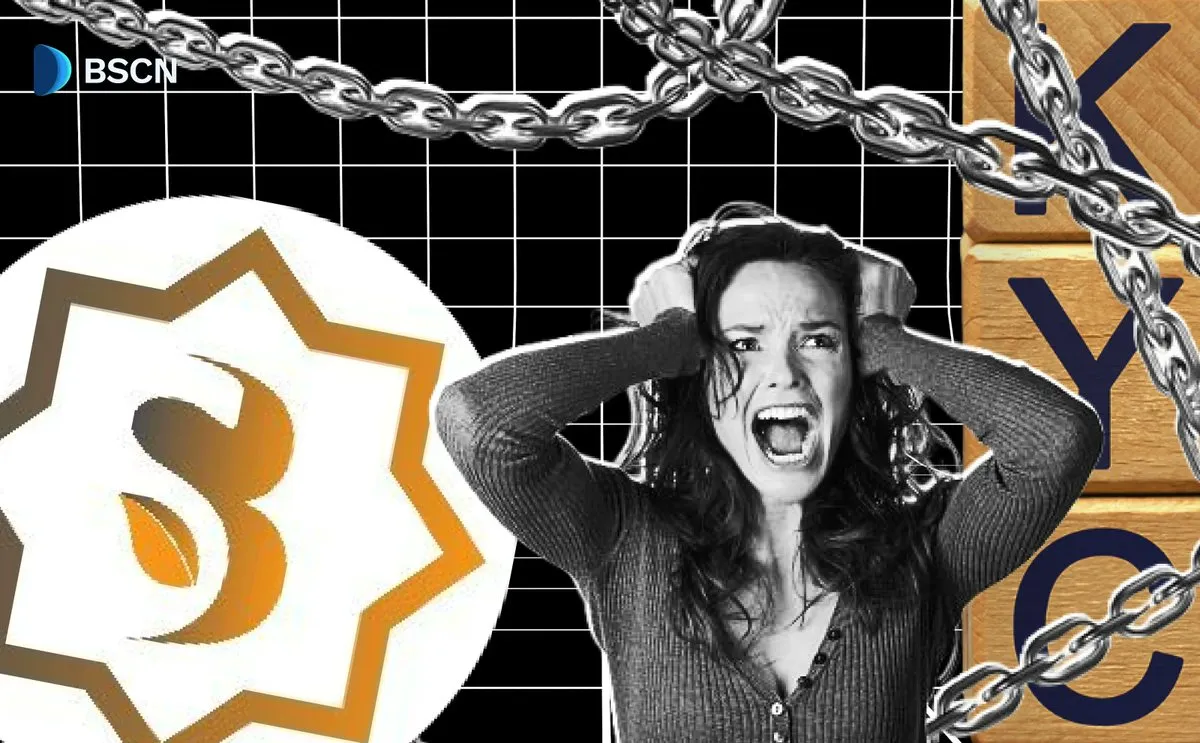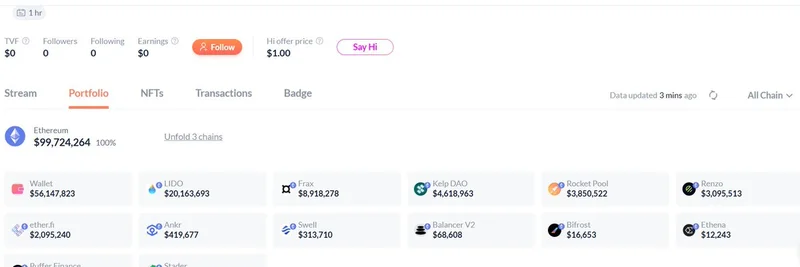Hey there, crypto enthusiasts! If you’ve been keeping an eye on the latest developments in the decentralized finance (DeFi) world, you might have stumbled across a buzzworthy post from BSCNews on July 22, 2025. The tweet, which you can check out here, dives into the unique Know Your Customer (KYC) process of Sidra Chain, a Shariah-compliant DeFi platform. Some community members are raising red flags, and we’re here to break it all down for you!
What’s the Buzz About Sidra Chain’s KYC?
Sidra Chain stands out in the crypto space by blending blockchain technology with ethical financial practices that align with Shariah law. Unlike most platforms that handle KYC remotely through apps or online forms, Sidra has rolled out a physical verification model via its Sidra Clubs initiative. This means users need to visit authorized local companies to verify their identities in person. The idea? To boost security and cut down on fake documents or AI-generated identities.
The original BSCNews post highlights that some in the Sidra community are worried about this approach. To get the full scoop, BSCNews linked to an in-depth article that unpacks the pros and cons. Let’s dig into what’s got people talking!
Why Are Users Concerned?
The physical KYC requirement has sparked a mix of safety, accessibility, and cost-related concerns. For starters, imagine living in a region like Nigeria, where security issues like banditry are a real worry. One user, @funmismith48, pointed out the risks of traveling long distances just to get verified. It’s a valid point—safety should always come first!
Then there’s the accessibility factor. If you’re in a vast country like Brazil with no nearby Sidra Club, the trip could mean lost work hours and extra expenses. Some users have even noted that partnered companies charge additional fees on top of Sidra’s 100 SDA (Sidra’s native token) cost, making the process feel pricey.
The thread following the BSCNews tweet also shows a split in opinions. While some users praise analysts for breaking down the process (shoutout to the positive vibes from @miller_analyst and @US_Trader007!), others, like a commenter in Korean, question the logic behind halting a digital-first system for a physical one. The frustration is clear: why make it harder when crypto is all about convenience?
Sidra’s Take on the Situation
Sidra isn’t backing down yet. They’ve responded by encouraging users to help expand the Sidra Clubs network—think of it like a community-driven effort to bring verification centers closer to home. They also argue that physical checks align with their Shariah-compliant mission, ensuring trust and transparency in a space where fraud is a growing threat.
That said, the platform has hinted at exploring more verification options, which could mean a hybrid model down the line. It’s a promising sign, but users are eager for quicker solutions!
Should You Be Worried?
So, is this a dealbreaker? It depends. If you’re in a safe area with a nearby Sidra Club, the process might not be a big hassle. But for those in risky or remote locations, the concerns are legit. The lack of a remote option right now could limit Sidra’s reach, especially in the fast-moving world of meme tokens and DeFi trends we cover at Meme Insider.
For blockchain practitioners, this is a chance to see how KYC evolves in ethical finance. Sidra’s approach might inspire other projects to rethink security, but it also highlights the need for flexibility. Keep an eye on updates—Sidra’s next move could shape the future of compliant DeFi!
Final Thoughts
The debate around Sidra Chain’s KYC is heating up, and it’s a great reminder that innovation in crypto often comes with trade-offs. Whether you’re a casual investor or a hardcore blockchain enthusiast, staying informed is key. Check out the BSCNews article for more details, and let us know your thoughts in the comments!
Looking for more crypto insights? Subscribe to our newsletter at Meme Insider for the latest on meme tokens, DeFi, and beyond. Happy investing!



